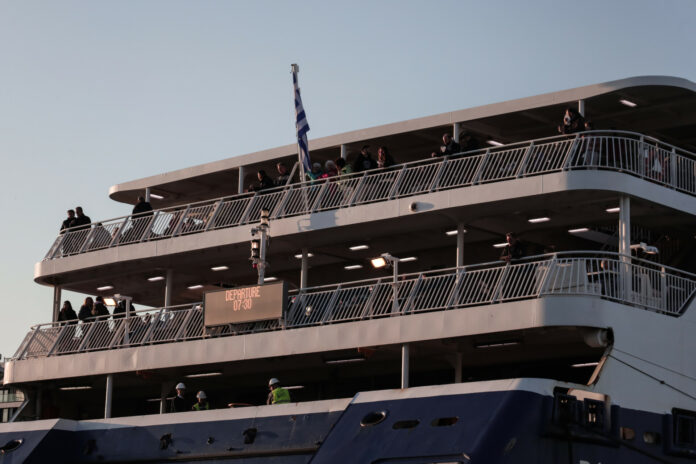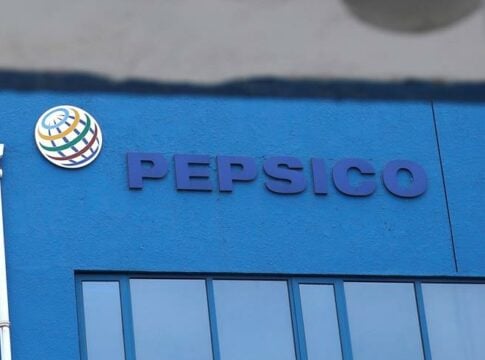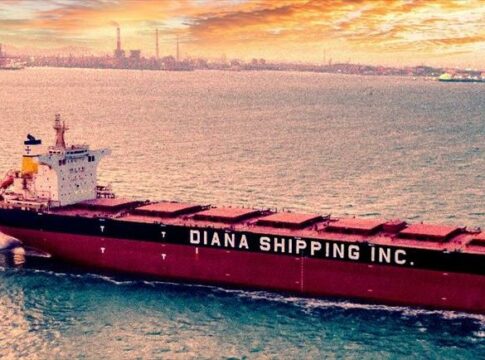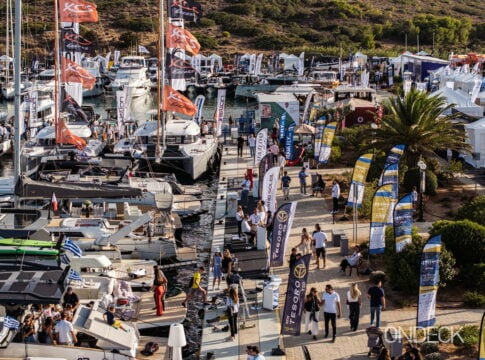The countdown has started for Greek shipping which must renew its fleet with ships having a low environmental footprint.
From 2030, the exemption of Greek shipping (outside of Crete) from the emissions trading rights system ends.
The president of the Association of Passenger Shipping Companies (SEEN), Dionysis Theodoratos, pointed out, in the context of the conference “The green transition of coastal shipping: challenges and perspectives for insularity”, held by the University of the Aegean, that coastal shipping will lose approximately 420 million euros per year from the payment of pollution rights and the reduction of passenger of traffic.
During the conference, reference was also made to the fact that the Italians moved quickly to secure funds for their country’s coastal shipping, while the secretary general of the Ministry of Maritime Affairs and Insular Policy, Manolis Koutoulakis, said that the Greek state will also move at a fast pace.
In addition to coastal shipping, the short-distance shipping fleet is also a major issue.
The president of the Hellenic Short Sea Shipowners Association, Charalambos Simantonis, proposed the inclusion of the shortsea shipping national transport fleet in the Recovery Fund.
The proposal was accepted, since the ships of the national shortsea shipping link the continental body of the country with the islands. Shortsea shipping’s national transport fleet consists of 102 ships, of which 35 are general cargo with an average age of 45 years, while the rest are fuel carriers with an average age of 35 years.
“The available financing tools are necessary to modernize the shortsea fleet so that the ship is sustainable, since green technology almost doubles the price of the ship.
At the same time, the appropriate infrastructure must be created in the ports, because a “green” ship without a “green” port cannot exist. The national legislative framework must be modernized and harmonized with the new data,” said Simantonis.















